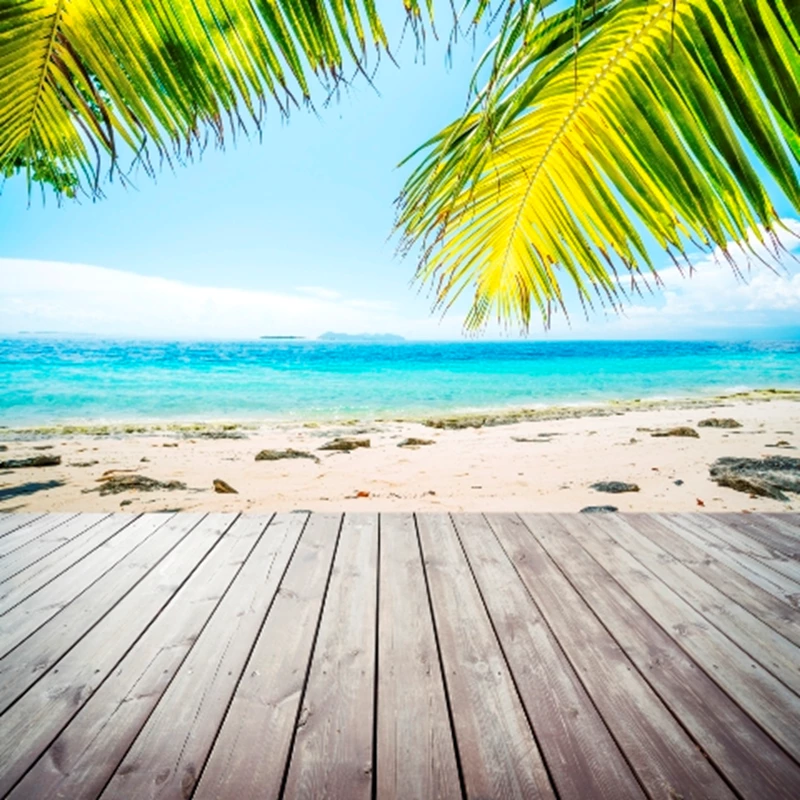
During the boom years, after the end of the Balkan conflict of the 1990s, Croatia emerged as a popular place to seek a holiday home, an alternative to the more classic Mediterranean destinations.
With one of the prettiest coastlines in the Med - thanks to its thousands of unspoilt islands and waterside Venetian architecture - Croatia has always been popular with sailing enthusiasts and it suddenly became quite fashionable.
There are dozens of trendy pop and film festivals, musical concerts, sporting events Yet during the global downturn as buyers returned to the more well-established or "safer" locations, the Balkans fell from favour a little with home hunters, especially as hotspots such as Dubrovnik and Hvar had become less affordable.
Yet in 2009 the country changed its restrictive ownership laws to allow people from all EU countries to own property there (without the hassle of having to do so through a company, which is what Brits had to do).
On top of this, Croatia is every year better connected with low-cost flights, and then on 1st July 2013 Croatia became a member of the EU - and thus EU citizens and property owners in Croatia can now rent out residential properties on the same basis as Croatians.
"More buyers have entered the market since EU membership and I expect things to develop nicely over the next couple of years," says Tim Coulson of First Property Croatia who sell in Dalmatia.
"The only thing holding the Croatian market back is lack of supply [of holiday homes] and bureaucracy."
He says that following 3-4 years of market stagnation, when prices fell 20-30 per cent, prices began to move in 2011 and well-located (frontline) properties are now back to near their 2007 peak.
"The prices of frontline properties have gone up over the past years - yet still compare favourably with similar properties in Mediterranean destinations."
Whilst his hotspots are around Split - with the islands of Hvar and Brac in particular - buyers tend to spend €150kk-300k on an apartment or small house; or €300k-700k on a villa with a pool or a frontline renovation project with the potential to be a luxury home.
Apart from Dalmatia, the northern peninsula of Istria - once dubbed the "New Tuscany" for its Italian, or specifically Venetian flavour, is also popular, especially the picture-postcard resort of Rovinj, according to Toni Ercegovic of Osmica.
This section of Croatia is dotted with pretty hilltop towns with Italian inspired restaurants and is very handy to reach from Italy - and from Trieste especially. "Although Italian owners can drive, most people like to be handy for airports - Pula, Zadar - and €200,000 is the average budget of a buyer," he says.
"Prices are stable because of supply and demand, we are in recession but most people don't need to sell their homes. That said, it's always worth negotiating on sales prices."
Meanwhile, properties in Dubrovnik Old Town command a heft y premium so fans of this wonderfully atmospheric walled town look a little further up or down the Dalmatian coast - to an integrated resort such as Dubrovnik Sun Gardens for example (residences from €260,000).
"We've sold properties to 15 different nationalities, and it's very encouraging that Croatia is beginning to attract luxury travel operators such as Scott Dunn," says Julian Houchin, the resort's commercial director.
"Croatia continues to evolve as a tourist destination, year on year - we've put up our prices by 3 per cent each at each of the three phases - prices haven't slumped around Dubrovnik."
Looking ahead, if Croatia can speed up the planning process for developers, or offer incentives for investment, the market would be helped further, says Ercegovic.
"We need to introduce a 'Golden Visa' scheme like Spain or Portugal to draw non EU buyers and a new law in 2014 should expedite development."
TIP: Don't be persuaded to agree a lower price in the contract and pay the difference between that and the actual sales price in cash. It is illegal and can only bring you problems later with the tax office.
